Senator Kevin Cramer, US Senator for North Dakota | Senator Kevin Cramer Official website
Senator Kevin Cramer, US Senator for North Dakota | Senator Kevin Cramer Official website
The Senate Environment and Public Works (EPW) Committee held a hearing to conduct oversight on the U.S. Department of Transportation’s (DOT) Federal Highway Administration (FHWA). During the hearing, U.S. Senator Kevin Cramer (R-ND) questioned FHWA Administrator Shailen Bhatt about the agency’s greenhouse gas (GHG) emissions rule. He also discussed the importance of distributing highway funds to the states through formula funding, which was a key component of the Bipartisan Infrastructure Law (BIL).
In November 2023, the FHWA finalized a rule requiring state departments of transportation and metropolitan planning organizations to measure GHG emissions on the highway system and set declining targets, despite lacking authority from Congress to do so. Two federal courts found the rule unlawful, and Cramer later led a bipartisan Congressional Review Act resolution of disapproval to overturn the rule. It passed the U.S. Senate on April 10. Recently, FHWA announced its decision to challenge both rulings through the appeals process.
Cramer first questioned Administrator Bhatt about the administration’s decision to appeal following clear direction from two federal courts and the U.S. Senate.
“I’ve repeatedly raised concerns over the legality and impracticality of the FHWA’s GHG emissions rule over the past couple of years. Since the last time you were before us, not one but two federal courts have agreed and said that this was an unlawful rule. Following those two rulings, the United States Senate passed my Congressional Review Act resolution with 53 votes, which means it was bipartisan, a resolution supporting that position. And yet, I see that you all have appealed the decision of the courts and continue to pursue this unlawful rule as though you have a license to do something that Congress has not given you. What's the point of wasting taxpayer dollars and time and resources on a rule that's so clearly illegal?” asked Cramer.
Administrator Bhatt deferred to the Department of Justice, which handles litigation on behalf of the agency.
Cramer then highlighted benefits of distributing highway funds to states through a standard formula so states can efficiently plan and complete infrastructure projects as FHWA struggles administering discretionary grants in a timely fashion. Cramer advocated for increasing the percentage of formula funding to avoid delays experienced by FHWA.
“In the bipartisan infrastructure bill, I was grateful for the 90/10 funding formula. But I've been hearing, and I'm gonna ask you to verify whether this is true or not,” concluded Cramer. “But I've been hearing that on the grant side, money has not been going out very fast; in fact, it could be even manipulated or confusing the formula a little bit. So I want to either verify or deny that that's case. And just maybe advocate for moving more money out of discretionary into formula if in fact there's a problem because one thing about states is they get their money out really fast as you know; you've done it a couple times yourself.”
Administrator Bhatt acknowledged “states have done a great job in getting formula dollars obligated and out door” and committed to getting projects done in timely fashion.
###
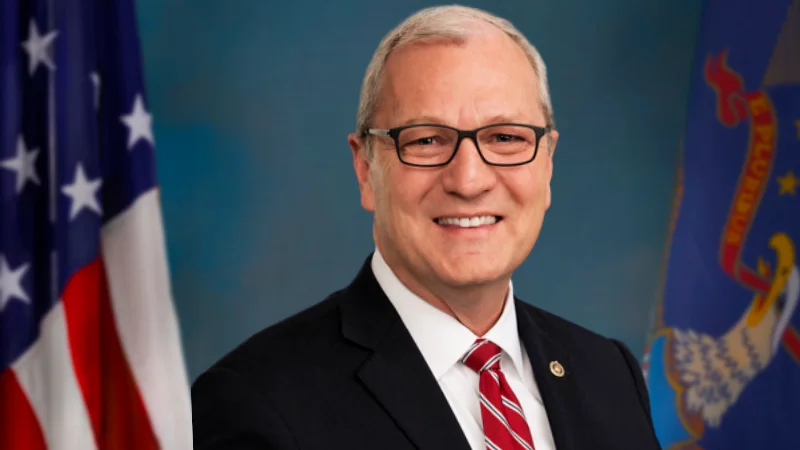
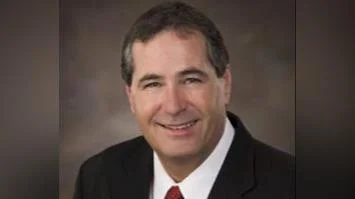
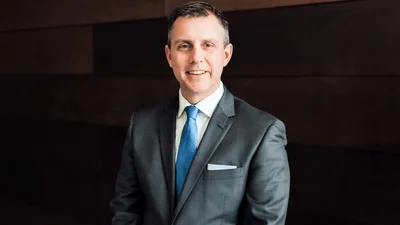
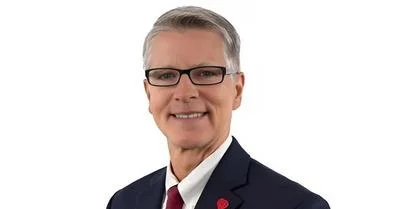
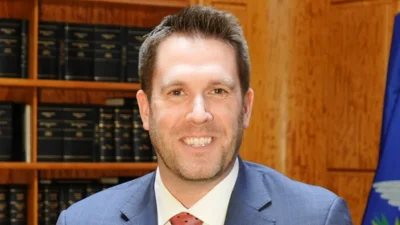

 Alerts Sign-up
Alerts Sign-up